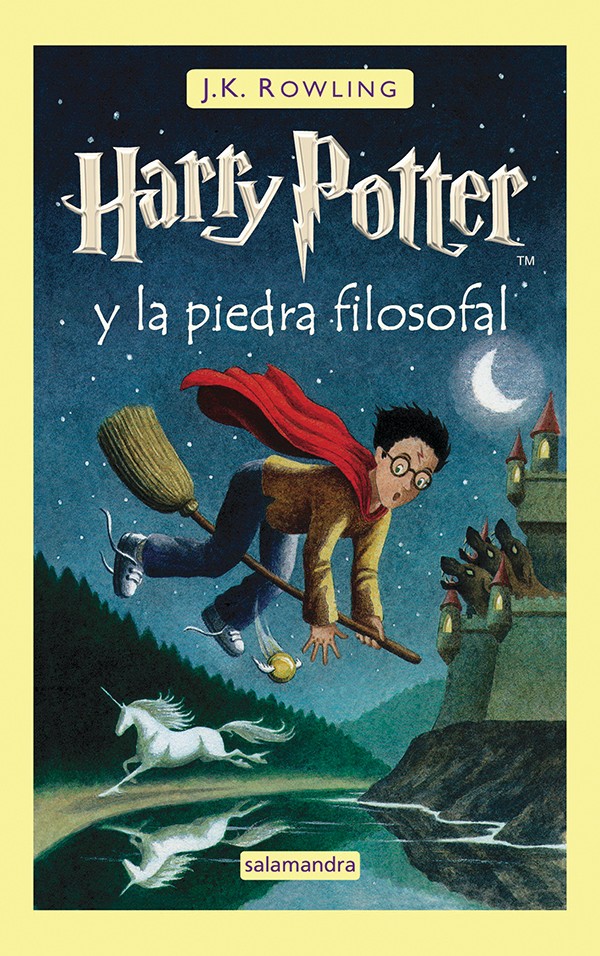On Sunday mornings, when the Memphis sun blesses us with just the right amount of brilliance, my parents will have breakfast in the park. They’re regulars now, and along with their small dog, they’ll take a walk around the park before sitting down to read, eat pastries, and drink mate. (Yerba mate, as it is otherwise commonly known, is a pre-Columbia tea that is consumed in several regions in South America.)
Some days, I’ll join them and hear about what they’ve been reading recently. Papá is reading the anthology ¡Presente! Latina Immigrant Voices in the Struggle for Racial Justice, and Mamá is reading La Transmigración de los Cuerpos, navigating through the Mexican vernacular employed in the borderlands narrative.
Books have always been invaluable treasures in my family. Somewhat ironically, this affinity for books was sparked by a blown fuse in an old TV we had growing up in Argentina. To fill the time, my folks subscribed to the Thursday and Sunday newspapers, the two days of the week that promised the most content for the buck. From there, they found a list of best-selling books, and in the late 1990s, Harry Potter was at the top of the list. And so, a single copy of Harry Potter y la Piedra Filosafal rotated around the family and was read and reread.

Back then, buying books was a luxury we could not afford. As a photographer, Mamá would take my 7-year-old sister and a 3-year-old me to the photo shop to get her rolls of film developed. While we waited, we went to the bookstore nearby where my sister and I would read any and all books that we could reach — well, my sister would actually read, and I would mimic her. The commute to the shopping center was $20, so we could never drop another $20 for books.
Mamá recalls that the first thing she bought with her first pay in Florida was books, which included Harry Potter and the Chamber of Secrets. After work, she went straight to the Barnes & Noble that was on the route home. She passes me the mate. “I remember they were hard-covered books, too,” she tells me. “We never could buy a hard-covered book in Argentina.
Today, books are stacked in mix-matched shelves across the hall in their home. My collection drawn from my frequent trips to the used bookstore in the Memphis public library is in there, my favorites: Baldwin, Kumashiro, Morrison, and Ehrenreich. There are a few sets of German and French language learning cassettes and books, too. Do I know how to speak German or French? No, but I can count to 20, which for now is good enough for me.
Today, I can bring books to them as they did to me when I was young. It’s a beautiful switch in roles in many ways. Together, we also bring our love of reading and learning to Desayuno con Libros, a free breakfast and literacy program organized by Comunidades Unidas en Una Voz, Centro Cultural, and the C-3 Land Cooperative. The volunteer-run program, like its sister program Books and Breakfast in Westwood, receives donations of books, which then are given to families in the community. These books range in genres and many include books with Spanish text that may often not be found in public libraries with limited resources. For young children growing up in spaces that often discriminate against their mother’s tongue, this visibility is important in order to pass on their language and knowledge.
Growing up, we had a few children’s books, but we read those books over and over again, wearing down the binding each time. Seeing children sprint to the tables with books reminds me of our trips to the bookstore, except here, they can actually take the books home and read and come back for more. These books can take them to other worlds, exposing them to lives that aren’t always visible to them on television. They can imagine themselves in the experiences that they read about, and even create new ones on their own.
If you want to be a part of this, of expanding the worlds that young people can experience, you can contact Desayuno con Libros Memphis on Facebook. Books are the tools, and these kids are the future.
Aylen Mercado is a brown, queer, Latinx chingona and Memphian pursuing an Urban Studies and Latin American and Latinx Studies degree at Rhodes College.